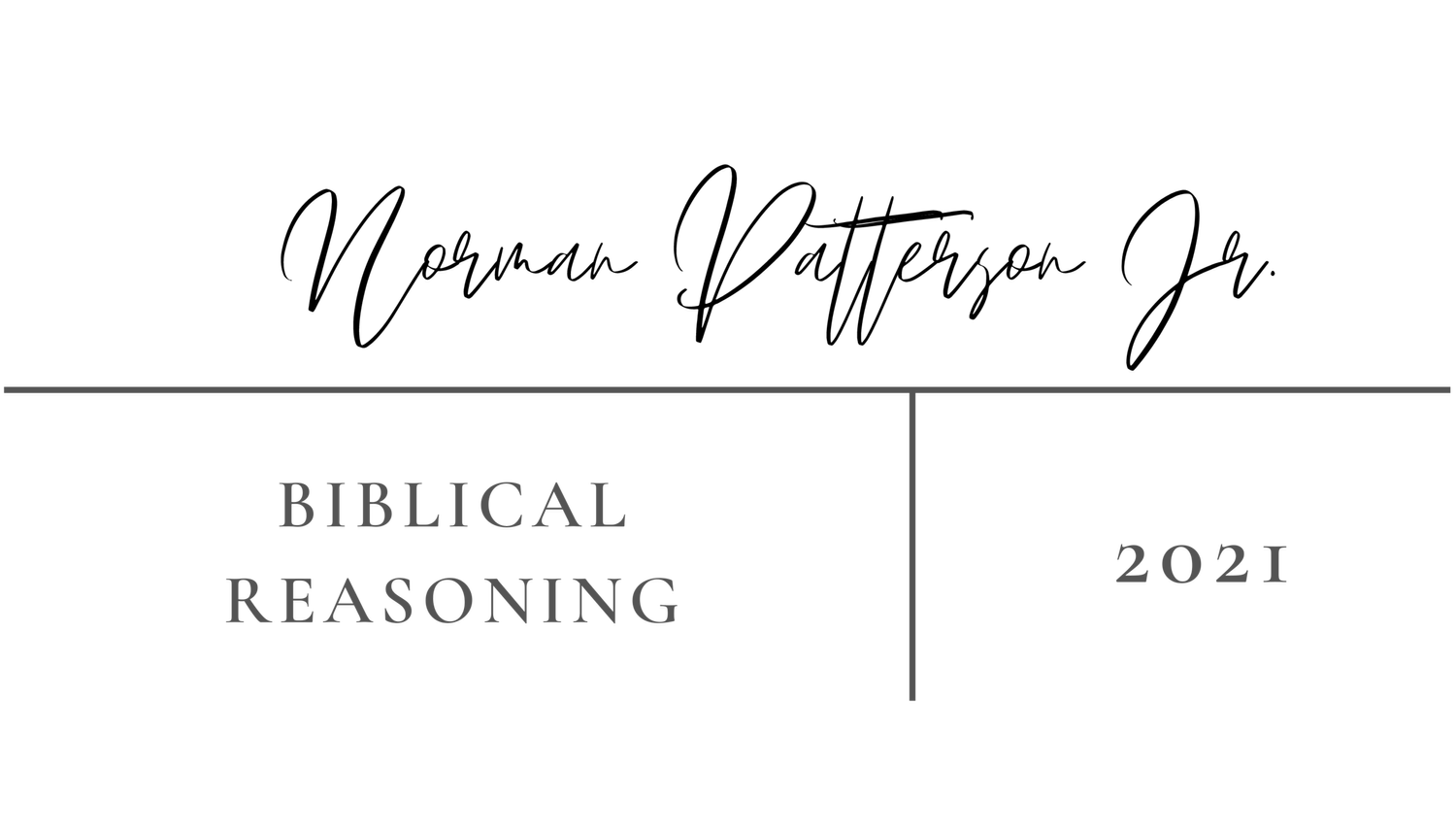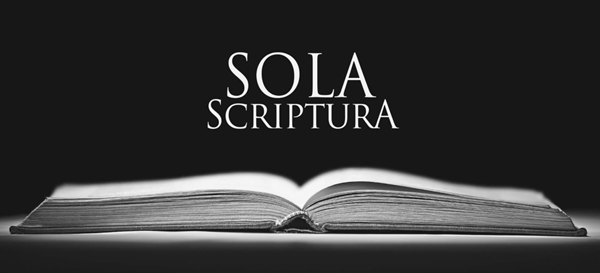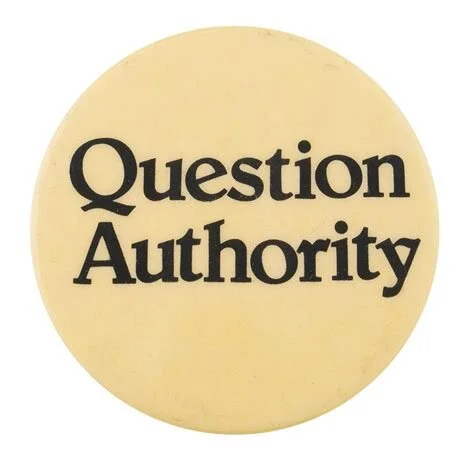The Lost Art of Biblical Interpretation: Introduction
Biblical interpretation is quickly becoming a lost art. On the one hand, everyone believes they have the knowledge, skill, and expertise to interpret the Bible correctly. After all, isn't the Bible the book of the People? Didn't the Protestant Reformation wrestle the Bible from the tight grip of the Roman Catholic Church? Haven't the most significant changes come about because of Biblical literacy?
The Bible is not a book of secret knowledge that only the enlightened initiated can understand. The contents in the Bible are, for the most part, easy to read. Much of the Bible are narratives that communicate content and truth that is easy to understand without much study.
The technical term for this is "perspicuity." This is a Latin word that means "to see through." In other words, the Bible is clear in all that intends to communicate. Children and Scholars alike can easily understand most, if not all, of its contents.
“The unfolding of your words gives light; it imparts understanding to the simple. ”
Yet, on the other hand, it is easy to misinterpret the Bible. How is it that Christians can look at the same Bible and conclude that babies should and should not be baptized? Why are there over 30,000 denominations in the United States alone? If the Bible is so clear, why do cults develop? And how can there be such diversity on moral matters, such as whether a Christian can participate in homosexual marriage or whether murderers should receive the death penalty? Those issues barely scratch the surface of disagreement even amongst those who read the same Bible and claim the name of Christ.
Doesn't this mean that the Bible is not very perspicuous (clear) after all? I believe the answer to this question lies in the context of our modern culture. We live in an age whose motto could be summed up in the phrase "question authority." Even though this morsel of advice contradicts itself; most people don’t question the authoritative motto itself. In other words, if you apply the advice to "question authority”, shouldn't you question an authoritative statement that tells you to question authority? Be that as it may, we live in a time when there is either outright skepticism (we can't know ultimate authority) or outright atheism (no ultimate authority exists).
The net result is twofold. First, any claim to ultimate authority, which is at the heart of the Bible, is denied or ignored. And second, each person becomes an authority unto himself, interpreting the Bible in a way that he or she sees fit. Both are equally detrimental to the art of Biblical interpretation.
For these reasons (I'm sure there are others), Biblical interpretation is a lost art. This series intends to help restore and revive this lost art. To accomplish this, I will be writing about the following subjects:
Identifying What You Already Believe about the Bible.
Why All Non-Biblical Interpretive Assumptions are Self-Attesting and Self-Defeating
What is the Bible's Own Testimony of Itself?
What Are the 3 Main Approaches to the Bible?
How Your Approach Affects Your Methodology.
Reading Into or Drawing Out of the Bible.
Tools in the Art of Biblical Interpretation.
Examples of the Art of Biblical Interpretation.
And More!
By the way, if anyone in Connecticut would like to participate in a class on the Art of Biblical Interpretation, feel free to contact me at nhpatterson1962@gmail.com.



